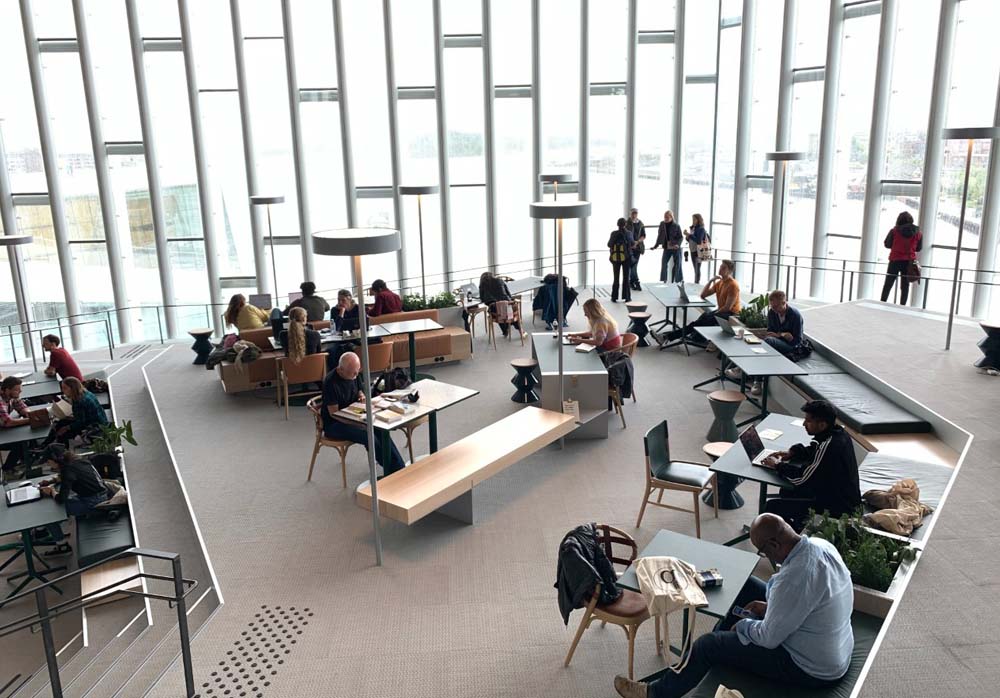Companies are constantly searching for new ways to retain and attract top talent within the ever-changing world of employee benefits. Subsidized meals, especially in the form of corporate cafeterias, has emerged as an effective way to encourage the workplace environment and improve employees’ wellbeing.

Understanding Subsidized Meals:
A corporate cafeteria with a subsidy is not just a place to take a bite to eat; it’s a tangible sign of a business’s commitment to the health and satisfaction of its workforce. The idea behind this initiative is the concept of subsidised meals. Employers can choose to contribute a percentage of the food costs to give employees access to nutritious and reasonably priced food options.
Employee Economic Benefits
Subsidized meals can be a fantastic method to alleviate employees’ financial burden. Financial burdens can be high in a world where prices continue to rise. By subsidizing food options employers reduce the burden by allowing their employees to enjoy high-quality meals, without having to stretch their budgets.
Strategic Impact on Employee Satisfaction
Subsidized meals can be economically beneficial, but they also boost satisfaction of employees. People who are fed well are more active and satisfied. Employees will be able to save time since they do not have to leave their workplace to eat lunch.
The shared nature of corporate cafeterias also creates a sense of unity and camaraderie among employees. Food sharing provides opportunities for informal networking, collaboration and ideas exchange. Click here Subsidized Food
Culinary Diversity and Preferences of Employees
Subsidized meals can also accommodate the varied tastes of a modern workforce. Corporate cafeterias offer many options to cater to different dietary preferences and preferences. The subsidised lunch program lets employees to eat a range of healthy and tasty meals, regardless of whether they are vegans, vegetarians or have particular food restrictions.
What are the responsibilities of well-being and health?
Employee health is essential to productivity and long-term success for businesses. Subsidized meal programs promote healthier choices in food, which aid in the overall health of employees. Menus can be developed in collaboration with nutritionists, to ensure balanced and healthy options. This can improve the overall well-being of employees.
Promoting a positive work environment:
Subsidized food plays a vital contribution to shaping a company’s culture. The meals are a way to show employees that the company is concerned regarding their health. This gesture is far more than financial compensation. Instead, it fosters a sense of optimism and care that encourages engagement and loyalty among employees.
A Win-Win for Employers:
Food subsidies are not just beneficial to employees as well as employers too. A healthy and happy workforce is more likely to be creative, productive and engaged. Positive effects on retention of employees and recruitment can contribute to long-term success for your business.
Conclusion:
Subsidized meals, particularly in the form of corporate cafeterias, are much more than a line item in the employee benefits package. They are a strategic investment in the wellbeing of employees, their satisfaction, and the overall productivity of the workforce. The provision of subsidised meals for employees is a great way to promote positive attitudes within the workplace.
